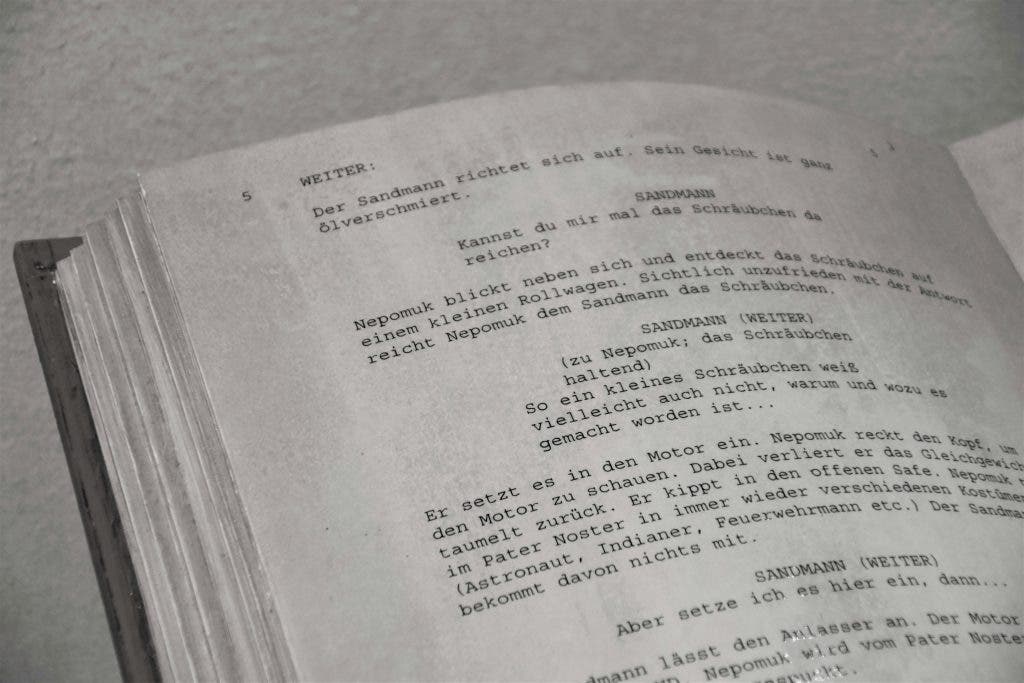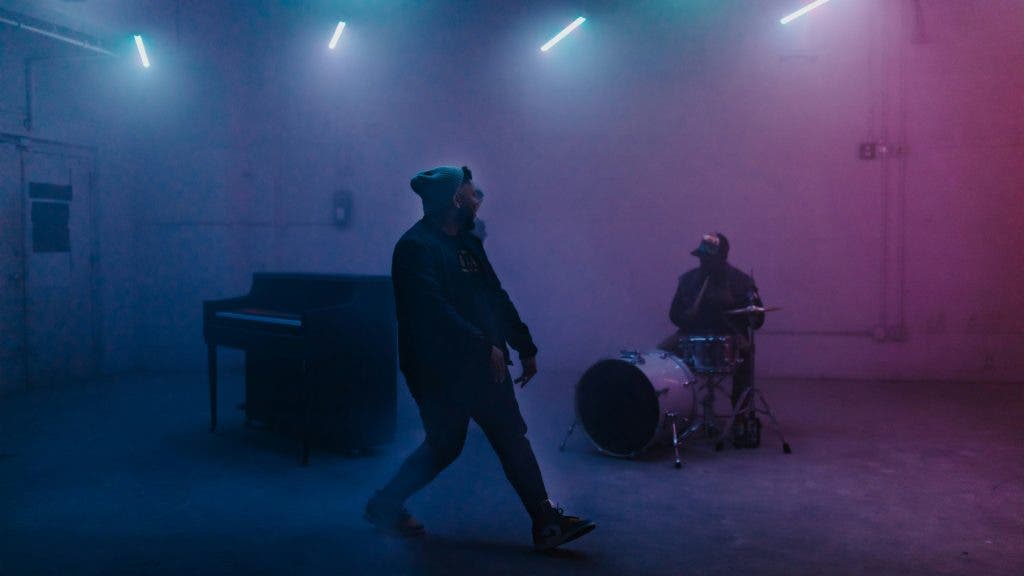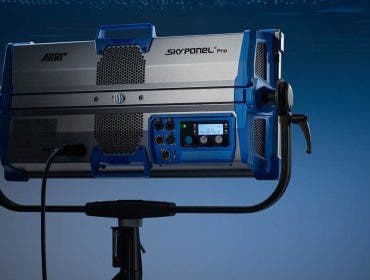So, this is how I see the whole script vs screenplay comparison. A script is the broad umbrella of storytelling. It is everything from theater to video games to speeches. On the other hand, a screenplay is a highly specialized piece in the wild world of film and television.
Both can be seen as blueprints of some sort, designed to guide performers and creators. But… while a script can exist in many forms, a screenplay follows a strict format tailored for visual storytelling. One relies purely on words while the other is built around a careful interplay of text and imagery.
Where do people use a script?

These are places where you might see script examples:
- Stage Plays: Here, scripts are written for live theater performances, focusing on dialogue and stage directions. Since there’s no camera to zoom in on a character’s face, emotions must be conveyed through movement, voice, and lighting. It also gives a director room to interpret staging and blocking.
- Radio broadcasts & podcasts: Before TV ever became a thing, families gathered around radios to listen to dramas/comedies. Without visuals, these scripts rely entirely on dialogue, narration, and sound effects (SFX) to create an immersive experience.
- Video games: Unlike a traditional script, game scripts need to account for multiple story paths, player choices, and dialogue options. Imagine writing ten different endings for a single story — welcome to the world of game scripting.
- Speeches & stand-up comedy: Yeah, that “off-the-cuff” performance is almost always scripted, down to the pauses for laughter. Speech scripts, too, whether formal or informal — are designed to sound natural while guiding the speaker’s delivery.
What are examples of screenplay?
While a play relies on actors and stage direction, a screenplay accounts for cinematography, editing, and sound design. It’s the blueprint for a movie, meticulously formatted so that directors, producers, and actors can bring it to life without any confusion behind the scenes.

Here’s where you might see how a screenplay is different from a standard script:
- Scene headings (sluglines): Every scene begins with a slugline, telling us where and when the scene takes place. INT. ABANDONED WAREHOUSE – NIGHT instantly sets the mood. It’s shorthand for the director, cinematographer, and production crew.
- Action lines: A novel might spend a page describing the wind rustling through the trees, but in a screenplay, you get: The wind howls. Trees bend. A single leaf spirals to the ground. Screenplays are lean, visual, and straight to the point.
- Parentheticals: These little notes, placed before dialogue, give an actor a hint about how to deliver a line (whispering, angry, sarcastic).
- Transitions (optional but stylish): Old-school scripts loved using FADE IN, FADE OUT, or SMASH CUT TO to direct the flow of scenes. Modern scripts tend to leave this up to the director, but when done right, transitions can add flair (think Tarantino’s MATCH CUT TO moments).
Script vs screenplay: A comparison table
| Detail | Script | Screenplay |
| Primary use | Can be written for theater, radio, video games, speeches, and more. | Specifically written for film and television. |
| Flexibility | Formatting and structure vary depending on the medium. | Must follow strict formatting guidelines (like 12-pt Courier font, specific margins, scene headings). |
| Length and page count | Depends on the medium! Plays can be 90+ pages, radio scripts can be shorter, game scripts can be thousands of pages. | Typically ranges anywhere from 70 to 180 pages for a feature film, with one page roughly equaling one minute of screen time. |
| Use of visual language | Can describe internal thoughts, backstory, and abstract concepts freely. | Focuses on external actions and dialogue. No inner monologues unless conveyed visually or through voiceover. |
| Use of sound and music | Stage plays and radio scripts include detailed sound cues. Video game scripts integrate adaptive music. | Usually leaves music choices up to the director, but some screenwriters suggest mood-setting songs (e.g., Tarantino includes specific tracks in his screenplays). |
Which one should you write? Script or screenplay?
Your answer depends on what story you want to tell and how you want people to experience it.

If you want to create a live experience…
Go with a script for theater, radio, or live performances. These scripts let the performers bring their own interpretations to the table, adapting to the energy of the audience. If you love clever dialogue, rich monologues, and the magic of real-time storytelling, you’re in the right lane.
Best for:
- Playwrights who dream of seeing their words performed on stage.
- Radio drama writers who want to build immersive soundscapes.
- Speechwriters crafting words that will be delivered live.
If you want to capture a cinematic vision…

If you geek out over how a scene looks, how a shot moves, and how a story can be told with a single glance, then screenplay writing is where you should be.
Best for:
- Writers who think in pictures and want their stories on the big (or small) screen.
- Filmmakers who want to direct their own scripts.
- TV show creators who love serialized storytelling.
Script vs screenplay: Your story deserves the right format
Embrace the journey. Let your characters speak. Paint your scenes with words. Let your story unfold on a stage, in headphones, or through the lens of a camera, the world needs more stories that inspire, entertain, and move us.






